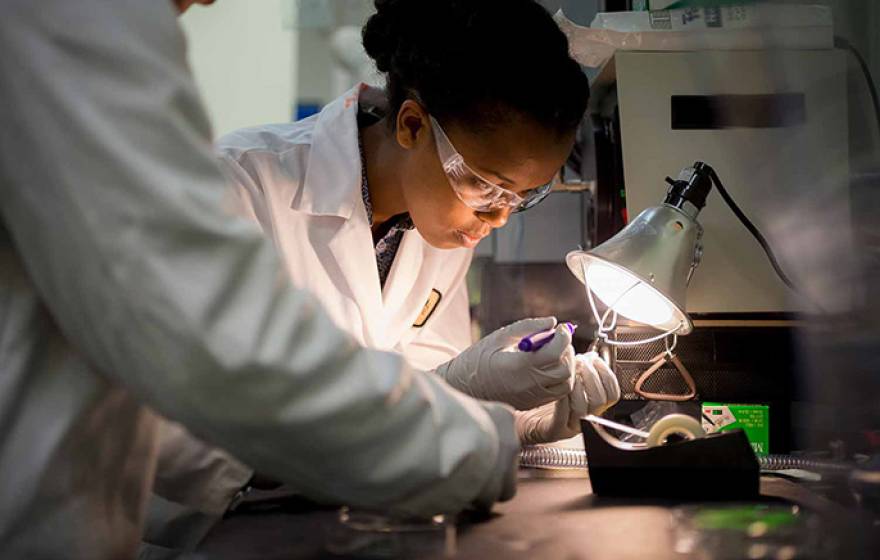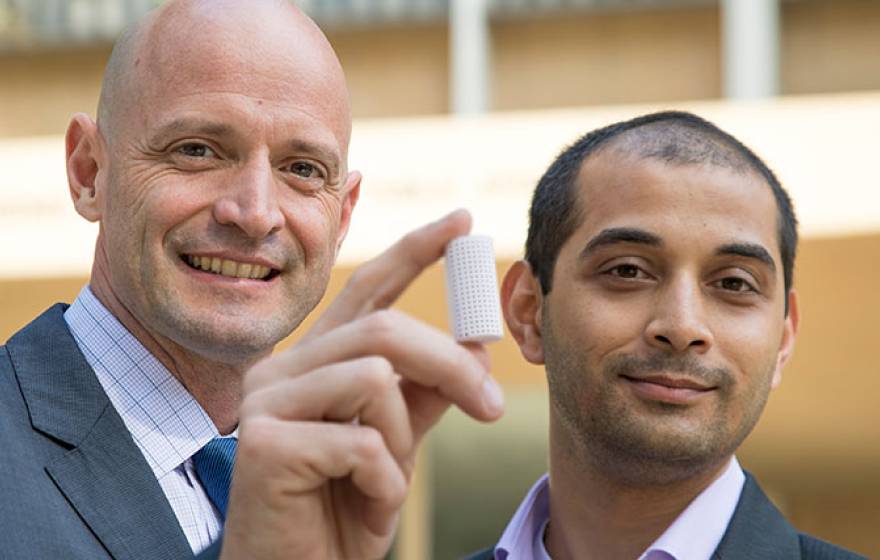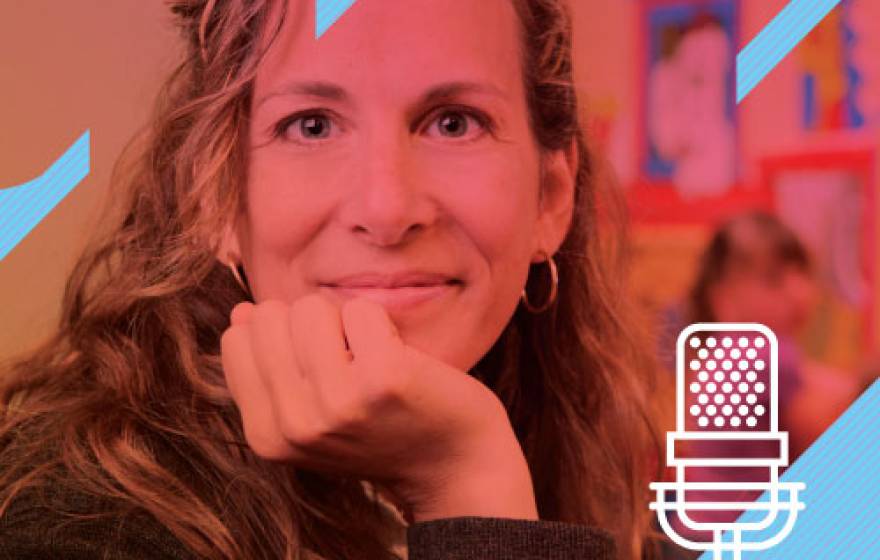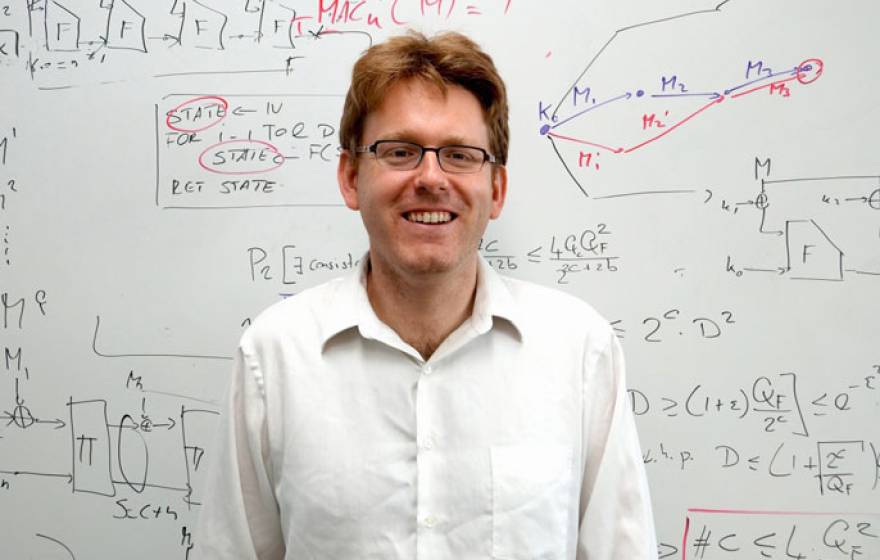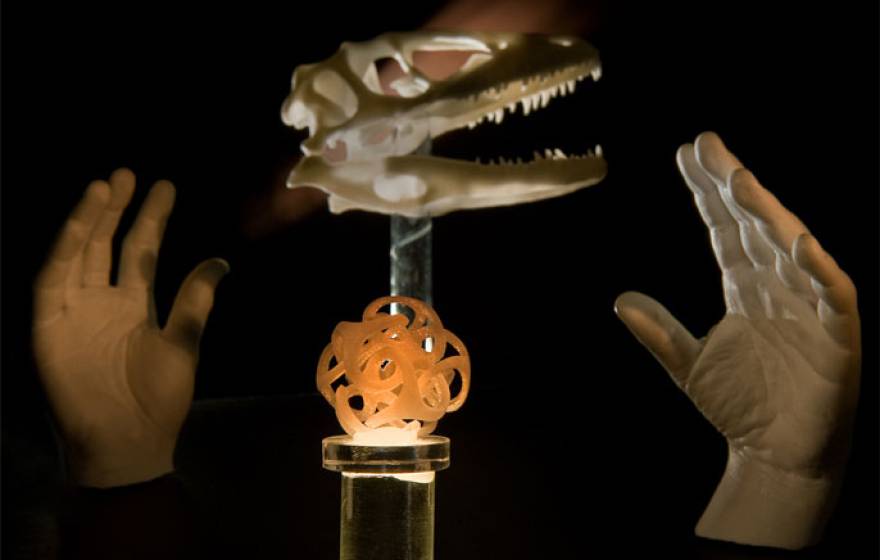Major racial and ethnic differences in wealth are documented in detail for the first time in this UCLA report.
Not just 'Frankenstein'
A UC Santa Barbara scholar shares her insights about the author behind one of the 19th century's famous works.
UC researchers publish roadmap for groundwater governance
A UC Santa Cruz professor leads a multicampus effort to provide recommendations for statewide management.
UC graduate schools rate highly in U.S. News rankings
In each discipline, all or nearly all UC graduate schools were ranked.
UCLA researchers turn carbon dioxide into sustainable concrete
"Upcycling" greenhouse gases into new building materials could be a climate game changer.
Breakthrough study reveals biological basis for Sensory Processing Disorder
More common in children than autism, SPD has only recently gained recognition as a distinct neurological disorder. UCSF's Elysa Marco explains how her team's groundbreaking research may lead to a greater understanding of the condition, as well as better diagnosis and treatment.
The key to cybersecurity
UC Santa Barbara professor receives prestigous award for his efforts to strengthen encryption.
Parched California tries to grab stormwater before it escapes
UC Santa Cruz geologists combat the drought with an innovative plan to leverage precipitation for aquifers.
Wildfire emissions worse in polluted areas
UC Riverside study shows plants grown in poor air release more pollutants when burned than biomass in purer areas.
Your 3-D printer is telling people what it's making
A UC Irvine team finds objects can be reconstructed based on sounds during the printing process, with big implications for industrial espionage.
Shinto tradition to reach a new set of readers
UC Santa Barbara scholar creates the world's first book series outside of Japan on the Shinto tradition.
Caring, not just understanding, makes for a responsive partner
Pyschologists at UC Santa Barbara find that cognitive empathy alone is not enough when it comes to providing support in relationships.



